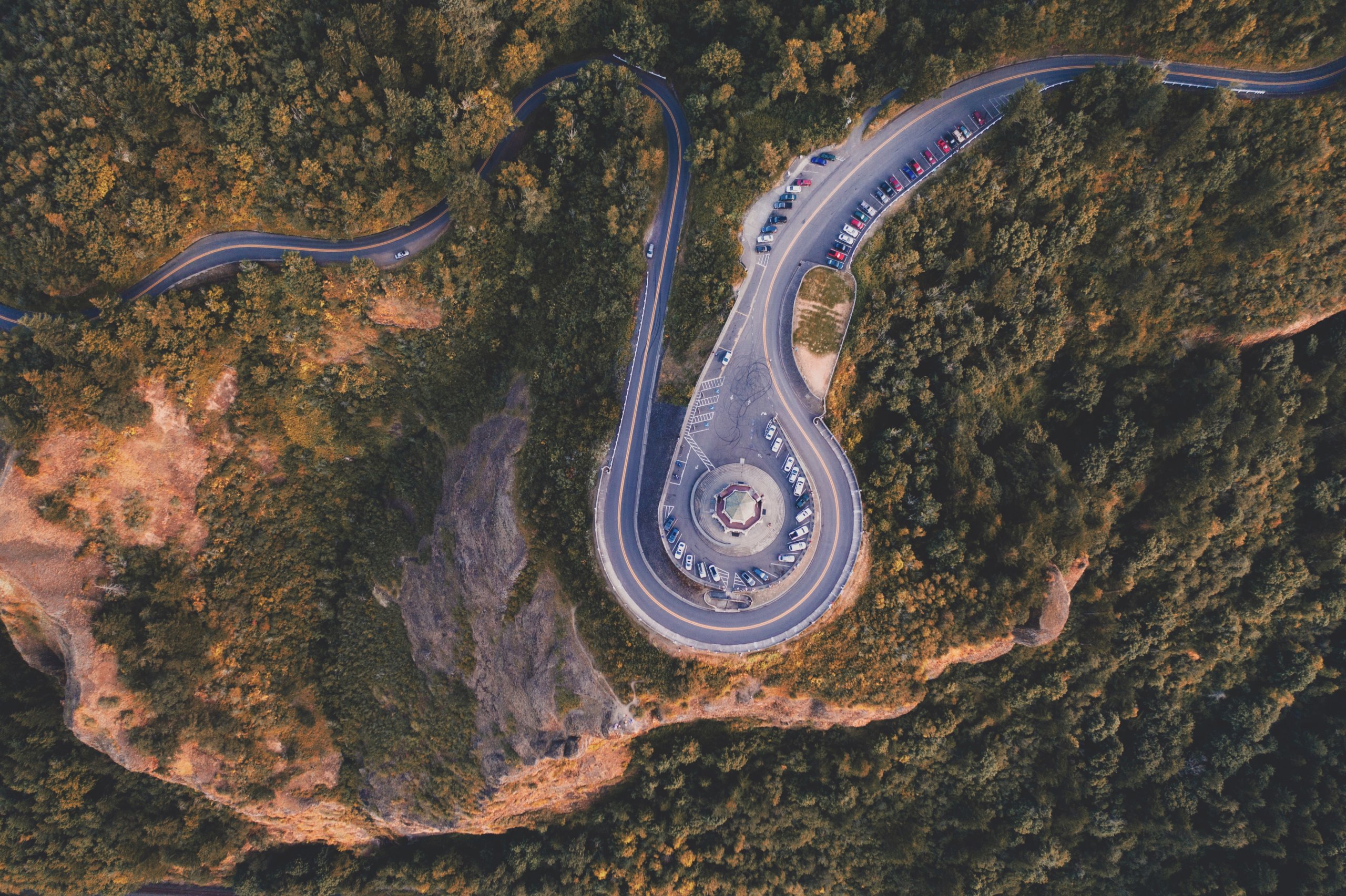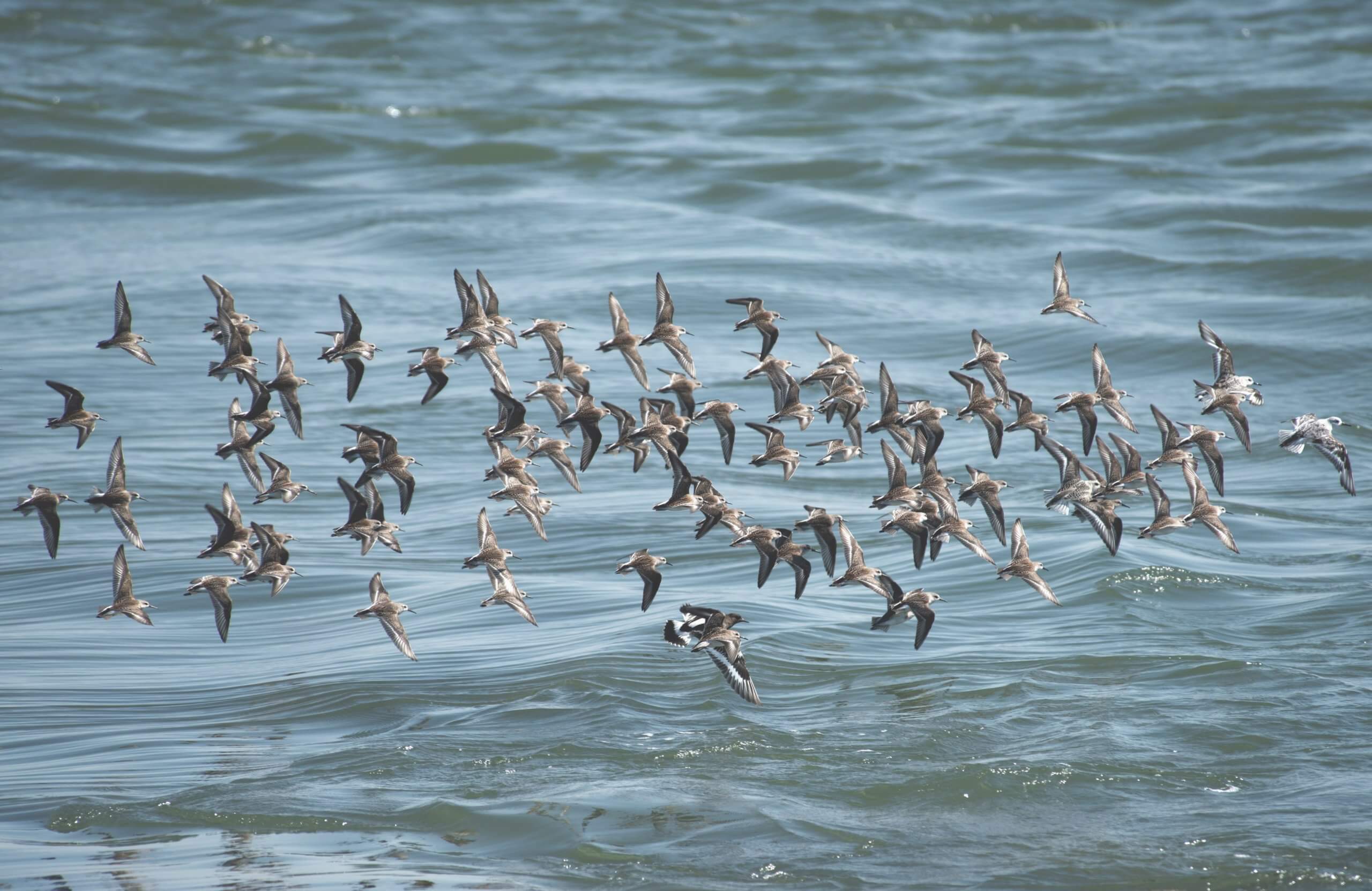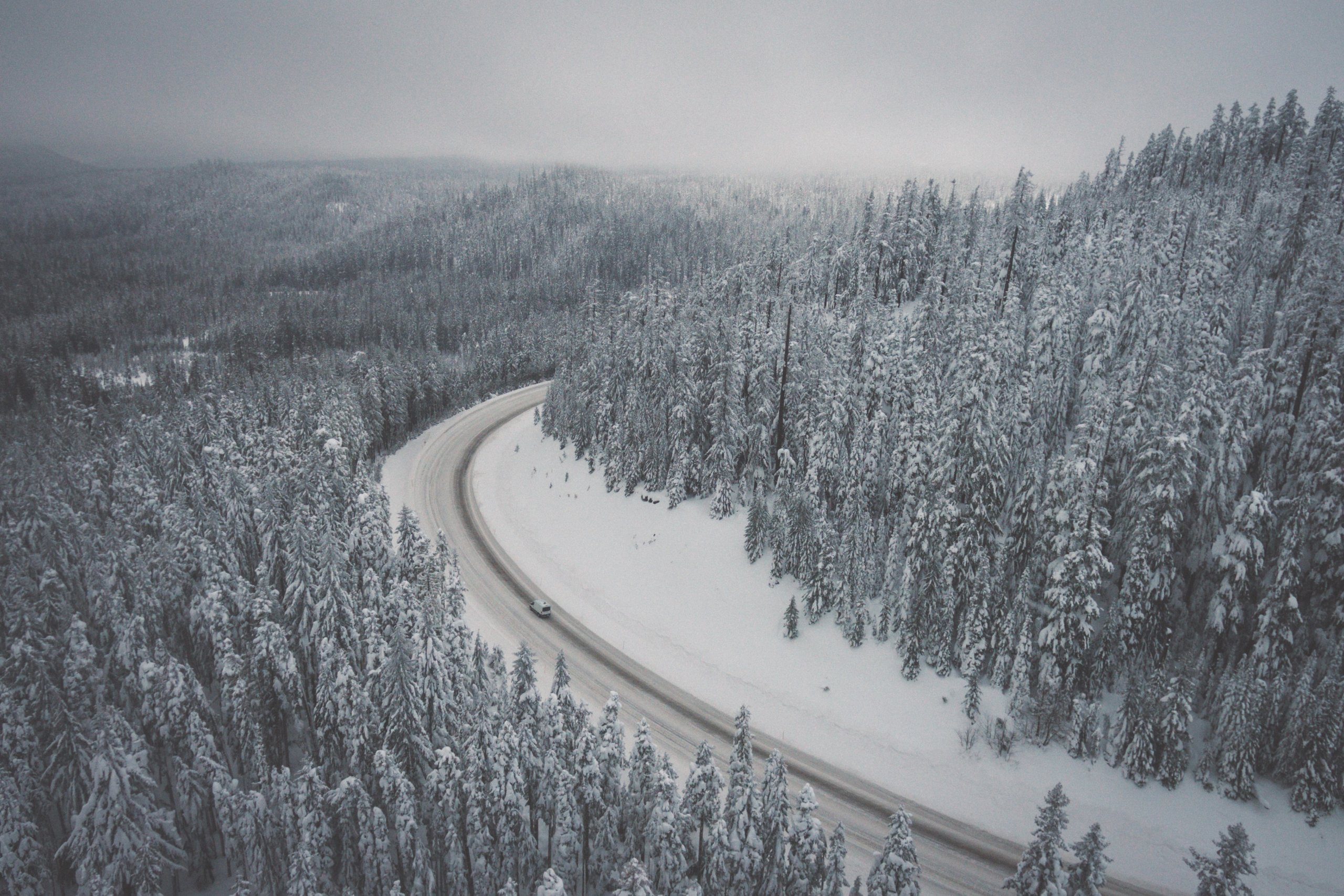We have had many dark days this year. There have been days when it has, both figuratively and literally (on the West Coast at least), been hard to see any light at all.
Humans didn’t evolve to exist in isolation, cut off from each other and the natural world. Comprehension, communication, and collaboration, even more than opposable thumbs, are the reasons for the success and resilience of our species. A pandemic that spreads with close contact indoors, paired with the plethora of natural disasters in the U.S. that keep us from going outdoors, leaves us with nowhere ‘safe’ to be.
As we all try to navigate a world fraught with peril from new threats and ongoing pain from systemic inequity, injustice and ineptitude, we’ve witnessed and experienced new calls to connect to purpose and to each other. A society must be judged not only by what it builds, but by how it distributes power and resources (including to non-human entities). The fear and hurt in the world right now is immense, but so is the deep desire for change.
It’s hard to imagine that we were indeed “made for these times” and the existential threats that loom large – and yet, here we are. To further quote Dr. Clarissa Pinkola Estés (and I encourage you to read “Letter to a Young Activist During Troubled Times” in its entirety): “Ours is not the task of fixing the entire world all at once, but of stretching out to mend the part of the world that is within our reach.”
On dark days, it can be hard to see the path toward a brighter future. But it is still there, and we can continue to move toward it, if we choose not to be caught in the trap of overwhelm and fear.
In 1780 during the American Revolution, there was another dark day, stretching along the East Coast of the U.S. from Maine to New Jersey. It was caused by wildfire smoke drifting down from what is now known as Canada; people at the time feared it was the beginning of the end of the world. Many members of the Connecticut Legislature were prepared to pack up and go home to wait for the end – but not Abraham Davenport:
Regardless of the results of the elections happening currently in the U.S., it’s important to remember that there is still much to do, and that we each have a role to play in building a better future for this planet – starting with the parts of the world that are within our reach. Comprehension, communication, and collaboration are still what is most needed to find and implement solutions for the challenges we face, both locally and globally.
COMPASS is here to champion, connect, and support the diverse science leaders that we know are needed to improve the well-being of both people and nature. I do this work because I am an optimist, unwilling to accept that the way things are is the way they have to be, and because I believe that together, we can move along the path toward the just, equitable, and inclusive world we all deserve. Come join us in the candlelight, and let’s keep working.



